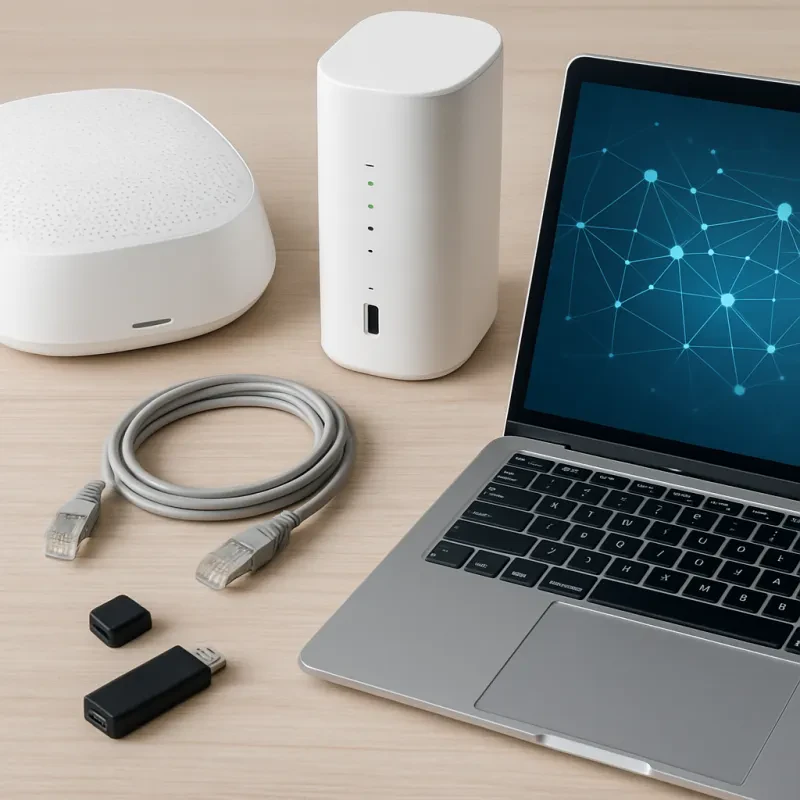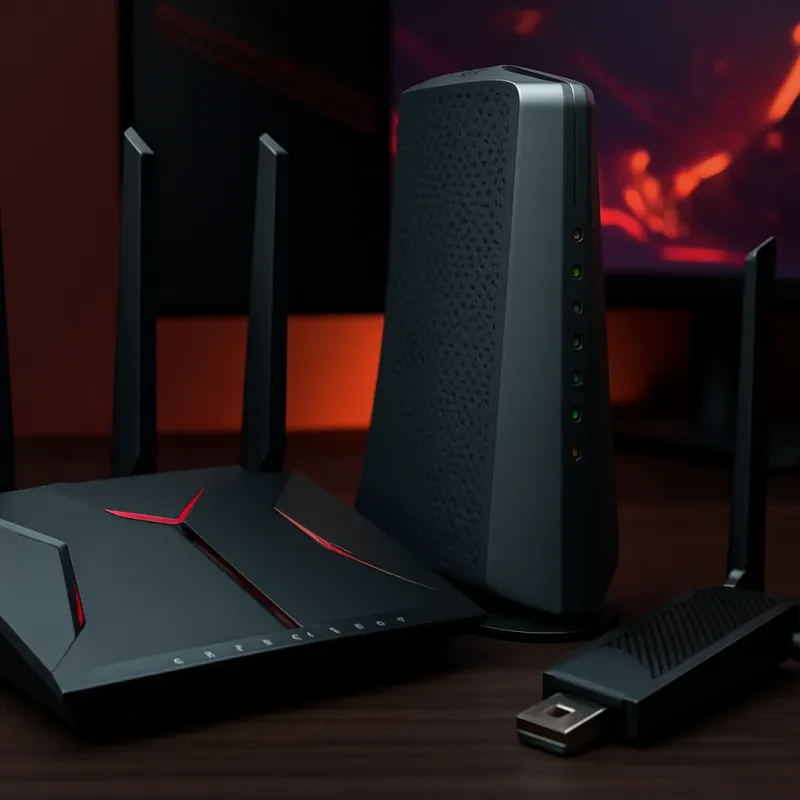As technology continues to advance, the traditional hard disk drives (HDDs) are being rapidly replaced by solid state drives (SSDs) for their incredible speed and performance benefits. One of the main advantages of SSDs is their lightning-fast read and write speeds. Unlike HDDs, which rely on spinning disks to retrieve data, SSDs use flash memory to store and access information almost instantaneously. This results in faster boot times, quicker file transfers, and smoother overall performance for your computer.
In addition to their speed, SSDs also offer improved durability and reliability. Because they have no moving parts, SSDs are less susceptible to damage from physical shocks or drops, making them ideal for laptops and portable devices. Not only do SSDs have a longer lifespan than HDDs, but they also require less power to operate, which can lead to longer battery life for your device. With an SSD, you can trust that your data is safe and secure, even in the face of unexpected accidents.
Furthermore, SSDs are known for their efficiency in multitasking and handling demanding applications. Whether you're a gamer, a designer, or a professional in need of high-performance computing, an SSD can significantly boost your productivity and overall user experience. By eliminating the bottlenecks and latency issues commonly associated with HDDs, SSDs allow you to run multiple programs simultaneously without sacrificing speed or performance. Make the switch to SSDs and experience a storage revolution that will transform the way you use your devices.
Choosing the Right SSD for Your Needs
In today's fast-paced world, having the right storage solution is crucial to keeping up with your data needs. With the introduction of Solid State Drives (SSDs), the storage game has changed for the better. SSDs offer faster read and write speeds, improved reliability, and lower power consumption compared to traditional Hard Disk Drives (HDDs). But with so many options on the market, how do you choose the right SSD for your needs?
The first step in choosing the right SSD for your needs is to consider the storage capacity you require. SSDs come in a range of capacities, from 128GB to 4TB or more. If you're simply looking to upgrade your laptop or desktop for everyday use, a smaller capacity SSD such as 256GB or 512GB may be sufficient. However, if you're a content creator or gamer who needs to store large files, a higher capacity SSD may be necessary.
Another important factor to consider when choosing an SSD is the form factor. SSDs come in different form factors, including 2.5-inch SATA, M.2, and PCIe cards. The form factor you choose will depend on the compatibility with your device and the speed and performance you require. For example, if you want to maximize speed, an M.2 SSD may be the best option as it connects directly to the motherboard for faster data transfer rates.
Lastly, it's important to consider the read and write speeds of the SSD you are considering. The read and write speeds determine how quickly data can be accessed and written to the drive. If you need a storage solution for intensive tasks such as gaming or video editing, look for an SSD with higher read and write speeds to ensure smooth performance. Additionally, consider the endurance rating of the SSD, which indicates how many terabytes can be written to the drive before it starts to degrade.
Transitioning from HDDs to SSDs
One of the key advantages of SSDs over HDDs is their speed. SSDs use flash memory to store data, which allows them to access and transfer data much faster than traditional HDDs. This means faster boot times, quicker program launches, and smoother overall performance for your computer. Say goodbye to the frustrating lag times and delays that often come with HDDs.
Not only are SSDs faster than HDDs, but they are also more reliable. Because SSDs have no moving parts like HDDs do, they are less prone to mechanical failure. This means you can trust your SSD to store your important files and data securely without the risk of a sudden crash or loss of information. Make the switch to SSDs and enjoy peace of mind knowing your data is safe and secure.
Future Trends in Storage Technology
As we continue to move away from traditional Hard Disk Drives (HDDs) towards Solid State Drives (SSDs), the future of storage technology looks brighter than ever. One trend that is expected to gain momentum is the increase in capacity of SSDs. With advancements in technology, we can expect to see SSDs with even larger storage capacities, allowing users to store more data than ever before.
Another trend to look out for is the adoption of Non-Volatile Memory Express (NVMe) technology. NVMe is a protocol designed specifically for SSDs, allowing for faster data transfer speeds and improved performance. As more devices begin to support NVMe, we can expect to see a significant shift towards this technology in the near future.
Additionally, the rise of cloud storage and network-attached storage (NAS) devices is expected to continue growing in popularity. With the ability to access and store data remotely, cloud storage and NAS devices provide a convenient and secure way to store large amounts of data. As technology continues to evolve, we can expect to see more innovations in storage technology that will further enhance our digital storage capabilities.


